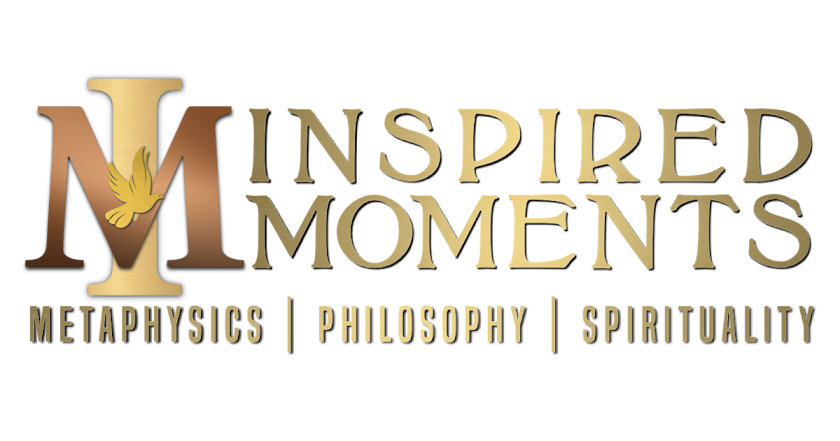ASTROTHEOLOGY LESSON
The word “Pastor” comes from Pa-stor, “Pa” meaning great or father, “Stor” or ASTER meaning Star (Greek word for stars is asteria). Therefore, the etymology of Pastor means the Great Star or the Father Star, or ... Sun God.
“Minister and Ministry” come from Min and Aster. “Min” was the common ancient term and root of MOON whereas Aster, Stir, Stor all relate to STAR. Thus Minister is “MoonStar.” Monastery, monk, and month have the same origin. This is also where we get “Minute.”
This is a title that derives from the lunar and stellar cults. This explains why there is a minute hand on a watch. The three hands of a watch relate to the THREE PLANETS associated with TIME.
The slow hand is the hour hand, meaning “Horus,” representing the SUN. The minute hand is for Min, representing the MOON. And, the swift ticking second hand is for MERCURY, the planet which rotates fastest of all, both around the sun, and on its own orbit. This is why the figure of the god Mercury was depicted with wings on his shoes or feet.
Also, Have you ever wondered how the names of the Days of the Week originated? The Roman people, as did many other ancient civilizations, named the days of the week after the sun, moon and planets, which were considered to be gods.
Sunday Meaning: The Sun's day.
Monday Meaning: The Moon's day.
Tuesday Meaning: Tiw's day; the Old Norse's equivalent to planet and god of Mars.
Note: Tyr, Old Norse Týr, Old English Tiw, or Tiu, one of the oldest gods of the Germanic peoples and a somewhat enigmatic figure. He was apparently the god concerned with the formalities of war—especially treaties—and also, appropriately, of justice.
Wednesday Meaning: Woden's day: the Old Norse's equivalent to Mercury.
Note: Woden was widely known as a god of war, but he was important also as a god of learning, of poetry, and of magic. His wife was Frigg, and his children included Thor, Balder, and Tiw. He was identified with the Roman god Mercury, and among Germanic peoples Mercury's day became Woden's day (Wednesday).
Thursday Meaning: Thor's day: Old Norse's equivalent to Jupiter.
Note: Thor was the most popular of all the gods. He was a god of war and fertility. He created thunder and lightning as he rode over the clouds in a chariot drawn by goats, swinging his hammer Mjöllnir.
Friday Meaning: Frigg's/ Frica's day: Old Norse's equivalent to Venus.
Note: Frigg is the Queen of Asgard and the highest of the goddesses. She is the goddess of motherhood and is herself the mother of Balder, Hodor and Hermod. ... Frigg is also the goddess of marriage and her name comes from the verb “fríja” meaning “to love.”
Saturday Meaning: Saturn's day.
Note: Saturn, Latin Saturnus, in Roman religion, the god of sowing or seed. ... In Roman myth Saturn was identified with the Greek Cronus. Exiled from Olympus by Zeus, he ruled Latium in a happy and innocent golden age, where he taught his people agriculture and other peaceful arts. In myth he was the father of Picus.
Astrotheology has played an important role in the history of civilization. Astrotheology is a field of study that explores the role that the stars, sun, moon, and other “heavenly bodies” have played in the formation of various religious systems. This field can study anything from ancient mythological systems utilized by Romans, Greeks, Egyptians, and Sumerians to more modern religions and the origins of various traditions and practices.
The basic purpose of astrotheology is to study various religious concepts with regard to astronomical objects and how they have influenced these religions and mythological systems. Some of the most basic studies in this field involve ancient mythological systems that often ascribed divine origin or identities to various objects in the sky. From the descriptions above, you will notice that inn these systems, the moon was often described as a feminine figure and the sun was frequently given masculine traits. Various gods and goddesses in different systems were connected to different astronomical bodies, such as the names of nearby planets, and through astrotheology these practices can be better understood.
The observance and concept of God is ever present in the celestial heavens ... seen in annual recurring cycles. The Eternal Universe, regenerating itself, from within itself. A constantly recycling infinite mass of energy of which all of us are within, and a part of. Not as individual members ... things ... but as ONE thing. Eternal bound by the consciousness that brings Life to ALL form.
u·ni·verse
/ˈyo͞onəˌvərs/
noun
all existing matter and space considered AS A WHOLE; the cosmos.
“For in him we live, and move, and have our being; as certain also of your own poets have said, For we are also his offspring.”
~ACTS 17:28
Just a thought …
Justin Taylor, ORDM.
